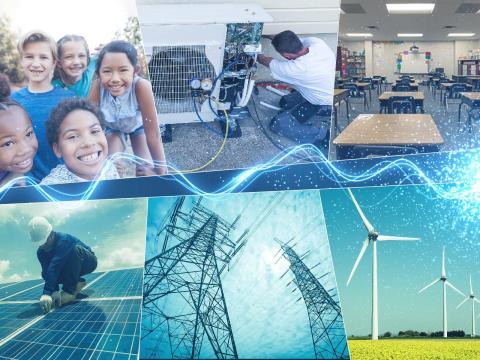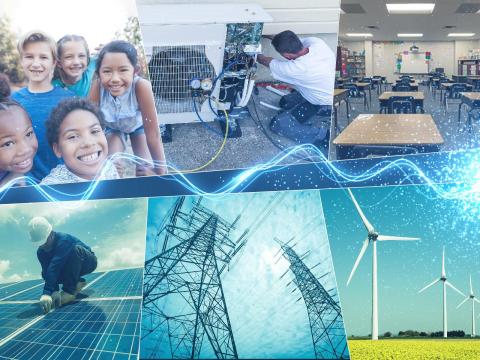Energy insecurity affects most low-income households in the United States. Energy insecurity, which is characterized by a household’s inability to afford their energy needs, often leads to risky choices, causing other forms of insecurity including food and health. Although there are government...
Filter results
Content type
Tags
- Virology (77)
- Immune Response (51)
- Time Sampled Measurement Datasets (51)
- Differential Expression Analysis (46)
- Gene expression profile data (45)
- Homo sapiens (42)
- Predictive Phenomics (34)
- Mass spectrometry data (32)
- Multi-Omics (32)
- Viruses (28)
- Omics (26)
- Mass Spectrometry (24)
- Soil Microbiology (24)
- Health (23)
- Virus (23)
- MERS-CoV (19)
- Mus musculus (19)
- Proteomics (18)
- Synthetic (14)
- Genomics (13)
- sequencing (13)
- West Nile virus (13)
- High Throughput Sequencing (11)
- Influenza A (11)
- TA2 (11)
- Metagenomics (10)
- PerCon SFA (10)
- S. elongatus PCC 7942 (10)
- TA1 (10)
- Ebola (9)
Showing 1 - 3 of 3
Federal and state decarbonization goals have led to numerous financial incentives and policies designed to increase access and adoption of renewable energy systems. In combination with the declining cost of both solar photovoltaic and battery energy storage systems and rising electric utility rates...
Category
Project
PNNL’s Vision Statement for Equity in the Power Grid Drawing from a wealth of interdisciplinary research in grid modernization, PNNL is spearheading an effort to advance equity and energy justice through the role of scientific research with the goal of building an advanced national power grid...
Datasets
2


